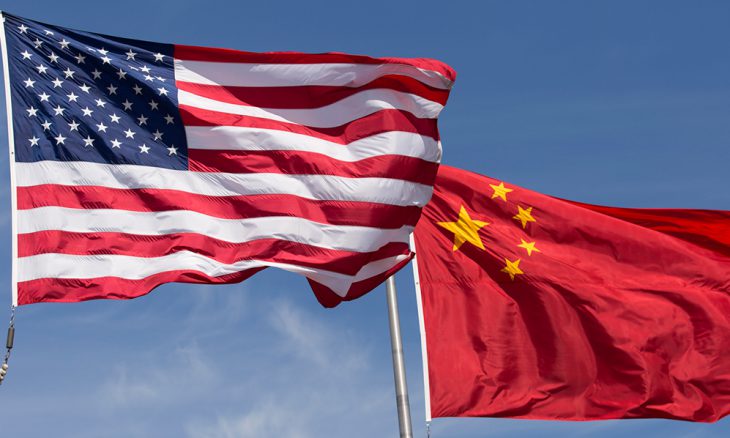The report shows the federal government has been lax in implementing export restrictions.
The House Foreign Affairs Committee released a 61-page report that shows a vast range of sensitive technology has been finding its way into the possession of officials in the People’s Republic of China (PRC). Committee investigators said the federal government has been lax in implementing export restrictions, resulting in Beijing obtaining high-value technology and microchip acquisition.
As a result, Western allies continue to enable China’s growing military power. Nuclear materials, aerospace and propulsion, artificial intelligence, and other military issues that are subject to the Commerce Control List have also made their way to the PRC, sometimes through transactions with American suppliers.
On the export policies of the Bureau of Industry and Security (BIS), the House Committee Chairman Michael McCaul of Texas wrote, “The bureau needs major reforming to ensure the national security mission is not undermined by countervailing goals — such as export promotion. Second, the export control regime needs immediate modernizations to limit, and ideally stop, the hemorrhaging of sensitive U.S. technology to China.”
“All items on the [Commercial Control List] could have a military use, and generally require a BIS license before being exported from the United States,” Congressman McCaul’s report states. “Nonetheless, many items on the CCL are exported under a license exception or a ‘No License Required’ designation. In 2020, nearly 98 percent of CCL items exported to China went without a license.”
The report continues, “Export controls must be used more as a preemptive tool to safeguard against technology transfers that may appear benign today, but have the potential to threaten national and economic security in the future.”
As the Lord Leads, Pray with Us…
- For Chairman McCaul as he urges the Bureau of Industry and Security to implement controls on technology exports to China.
- For Under Secretary of Commerce for Industry and Security Alan Estevez as he heads the Bureau of Industry and Security.
- For U.S. commerce and trade officials as they assess the risks of U.S. technology being in China’s possession.
Sources: Washington Examiner, Yahoo Finance, Bloomberg









